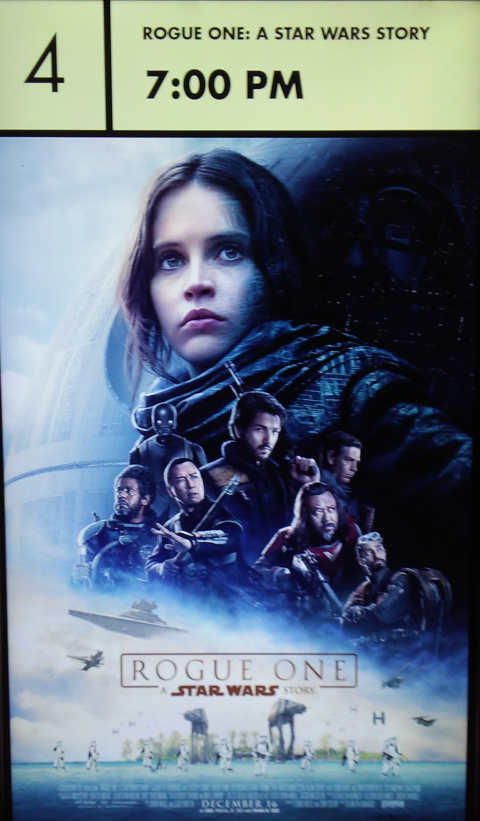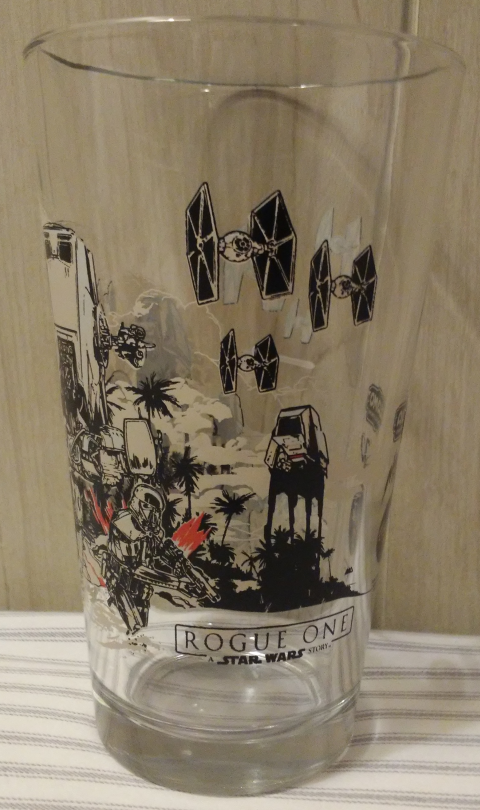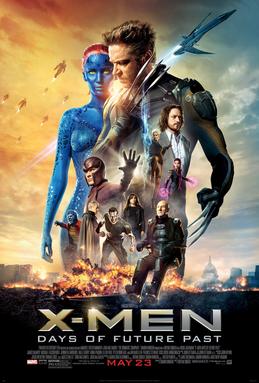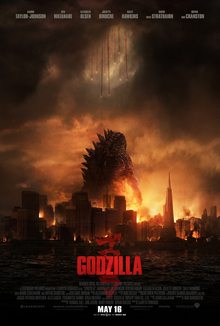You may be wondering why this review is two weeks late. Well, frankly, I needed to see the movie a couple of times in order to get a proper handle on how I really feel about it; not to mention I am bending (if not out-and-out breaking) certain core People Talking principles, because this isn’t going to be very positive, and it’ll likely be more spoiler-y than I’m accustomed to writing (with proper warning).
Also, I haven’t published anything new in over a month, so I’m a bit out of practice to begin with.
Anyway, here we go…
Directed by Gareth Edwards
Written by Chris Weitz & Tony Gilroy (screenplay), John Knoll & Gary Whitta (story), based on characters created by George Lucas
Cast: Felicity Jones, Diego Luna, Alan Tudyk (voice/motion capture), Donnie Yen, Wen Jiang, Ben Mendelsohn, Forest Whitaker, Riz Ahmed, Mads Mikkelsen, Jimmy Smits, Alistair Petrie, Genevieve O’Reilly, Ben Daniels, Ian McElhinney, Jonathan Aris
Soundtrack: Michael Giacchino
Let me get this off my chest right away.
Rogue One is a boring, miserable mess, and the fact that so many “Star Wars Nerds” love it is evidence that fanboys in general lack critical discernment.
Whoa.
Now, I wouldn’t say this movie is as big of a disaster as, say, The Phantom Menace, Attack of the Clones, or Revenge of the Sith. Nor would I call it “entirely joyless” (there are a few good laughs sprinkled in). But, there’s a lot wrong with it.
First of all, and I brought this up when discussing X-Men: Days of Future Past a couple years ago, every movie, regardless if it’s a sequel, prequel, remake, re-imagining, soft reboot, or whatever, needs to work as its own movie, at least to a certain degree. I can tell you straight away that somebody who knows nothing about Star Wars would be utterly baffled by Rogue One. I love Star Wars and I’m still confused about certain elements (but we’ll get to that later).
Secondly, good characters, and, by extension, good performances, are few and far between.
Here’s a list of primary actors who acquit themselves well in this movie:
Ben Mendelsohn
I do need to throw in some caveats. For one, Mads Mikkelsen is fine, but he has so little to do it doesn’t really warrant grading. Alan Tudyk is adequately charming as the Droid du Jour, but it’s a voice over/motion capture performance, so that’s something of an incomplete grade as well. I’ll also positively mention Donnie Yen and Wen Jiang, who do okay with what they’re given, but it’s not much to write home about either.
Other than those folks, however…
Felicity Jones? Flat.
Diego Luna? Completely miscast.
Riz Ahmed? Aimless.
Forest Whitaker? I have no idea.
Again, I don’t necessarily blame these people individually for their underwhelming performances, because they are determined in large part by the script and direction (and editing), but the point is this: If I don’t care about the characters (because they’re boring), and I don’t care about the story, then I really don’t care about the action, no matter how “gritty” it is.
(Honestly, people defending this movie as “gritty” reminds me of people defending Revenge of the Sith as “dark.” The second time I saw Rogue One, I was ready to leave halfway through the finale, because I just didn’t care anymore. It’s Star Wars, people; give me interesting characters and go from there.)
But let’s talk about that story, and how it’s wrong.
I was about to try to give a brief, but thorough, plot synopsis, but it’s so much more convoluted than it needs to be that I doubt a single paragraph would suffice, so I’ll just say the Rebels need to steal the plans to the Death Star, which was designed by one of their fathers, and there’s an extremist guy who’s causing problems for the Rebellion. Allegedly, this father/daughter relationship is important, but there’s no appreciable backstory, so we don’t really care. For crying out loud, does everybody in the Star Wars universe need to be related?
For reference sake, let’s pull up most of the opening title crawl from Star Wars: Episode IV – A New Hope, which Rogue One is intended to lead into:
“It is a period of civil war. Rebel spaceships, striking from a hidden base, have won their first victory against the evil Galactic Empire.
During the battle, Rebel spies managed to steal secret plans to the Empire’s ultimate weapon, the DEATH STAR, an armored space station with enough power to destroy an entire planet.”
I guess you could say Rogue One matches this description, at least the third act of it does, but let’s break it down.
“It is a period of civil war.”
True, but I wouldn’t say you get an explicit sense of this outside of the end battle.
“Rebel spaceships, striking from a hidden base,”
True, but it’s not really planned out like you think it would be.
“have won their first victory against the evil Galactic Empire”
You call that a victory? Maybe a Pyrrhic victory, but I don’t know that I’d even go that far.
“During the battle, Rebel spies managed to steal secret plans…”
True, but it’s more like one actual spy and a ragtag group of people who mostly do commando-type stuff.
Maybe I’m quibbling, but from what I can gather, this movie needed to have a space battle and an espionage element of stealing plans, which it does, but the whole father/daughter/other Rebel extremist plot preceding it is so boring and pointless that I can’t not look at this movie as a huge missed opportunity.
If you ask me, Rogue One would have been much better off in one of three ways:
A. Essentially a Star Wars version of Mission: Impossible, where it’s like a fun spy movie with the end battle serving as a diversion to allow our protagonists to finish the job.
B. Essentially a Star Wars version of The Dirty Dozen (or Inglourious Basterds, which I think they may have been trying to go for a little bit), where you intentionally assemble a specialized squad to steal the plans during the end space battle.
or…
C. More generically, follow a group of soldiers. Show them in a battle or two where they get their butts kicked, and they start to become disillusioned, but then they get an opportunity to do something special. “This is your moment to strike back.” Something like that.
Point is, keep the story simple and beef up the characters, which, in turn, strengthens the emotions, and allow the film to be strong enough to truly work as a “standalone movie” without relying on embarrassing fan service and nostalgic cameos to maintain the audience’s interest. I’ve had people tell me that Rogue One relies less on nostalgia than The Force Awakens and I couldn’t disagree more. Yes, The Force Awakens is a soft reboot of A New Hope, and, yes, it has the key original cast back, but, by-and-large, the nostalgic elements and characters are actually worked into the story, rather than being mere distractions.
***THE NEXT PARAGRAPH CONTAIN EXPLICIT SPOILERS***
Here’s a list of things in Rogue One that shouldn’t have been in it: the actual Death Star (should be a looming threat, not a real threat yet), Mon Mothma (superfluous), CGI Grand Moff Tarkin and Princess Leia (I mean, do I really need to explain this?), Darth Vader (superfluous), Darth Vader using a red lightsaber and the Force to kill Rebel guys (fanboy schlock), Ponda Baba and Dr. Evazan (aka “You’ll be dead” guy) (superfluous), C-3PO and R2-D2 (unnecessary), and Red Leader and Gold Leader (see: Tarkin and Leia). Also, why does Director Krennic visit Darth Vader to go over Tarkin’s head when Vader clearly reports to Tarkin in A New Hope? That’s Prequel-level character inconsistency.
***END OF SPOILER PARAGRAPH***
On the other side though, if this movie takes place in the Star Wars universe right before A New Hope, then why are there so many smaller spaceship models we’ve never seen before? Keeping things consistent in that regard wouldn’t be needlessly nostalgic at all; it would just be maintaining visual consistency, which would be laudable.
Anyway, I’ll be honest, I had doubts about this movie from the moment I heard that Gareth Edwards (director of that giant turd of an American Godzilla movie) was at the helm. I hoped I would be wrong, but I ended up being more disappointed than I could have imagined. And not that it’s all on Edwards’ shoulders. After The Force Awakens, I thought the Star Wars franchise was in good hands with Disney, especially given how they handle the Marvel universe. But, in light of Rogue One, my faith has been shaken. Hopefully this will be an aberration; perhaps merely an experiment gone wrong, but given how well it’s already doing at the box office, I doubt critical opinions will be given much thought by the studio.
Again, I love Star Wars. It’s an indelible part of my life, and I wish everybody loved it as much as I do, but I care more about whether these movies work as movies and whether or not they’ll hold up decades from now than whether or not we ever get to see Darth Vader’s residence.
In the end though, does Rogue One deserve your hard-earned money to see it theatrically? At first, I thought so, despite my internal conflict, but now, I’m saying no. Rent it in a few months from now if you want; if you’re a Star Wars fan you’ll get a little something out of it. As for me, I’m never watching it again, that’s for sure.
ADDENDUM (01/01/17):
One thing I forgot to mention: In a movie full of issues, the music is another problem. Flat out, Michael Giacchino’s score for Rogue One is unsatisfactory (especially compared to The Force Awakens), and emblematic of the film itself, paradoxically being safe and risky at the same time and ending up a middle-of-the-road mess. I can’t imagine what it must be like to stand in John Williams’ shadow, but given how this movie was supposed to be a standalone adventure, I think it would have been appropriate to take the music in a whole different direction, perhaps something more electronic/synth based rather than a traditional orchestra.
Rating: ★★☆☆☆
P.S.
As usual, thanks to Alamo Drafthouse [Yonkers] and Mondo for the swag and for getting into the spirit of the thing, even if the movie was a disappointment (honestly, it was all about the pint glass this time anyway).





